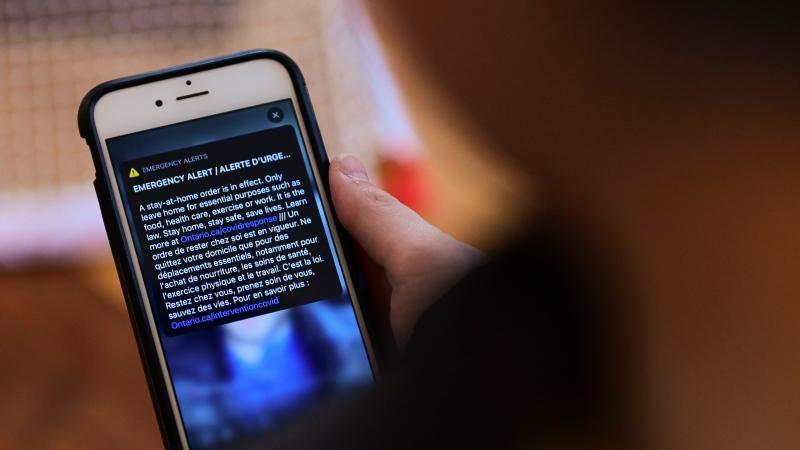The government has urged people not to try and deactivate the emergency alerts system on their mobile phones ahead of a nationwide test on Sunday and has said the system is in the public interest and could be used to warn of terrorist attacks, mass shootings, or even nuclear threats.
Millions of smartphones across the UK will emit a loud alarm and vibrate at 3 p.m. on Sunday as the government conducts a test run.





